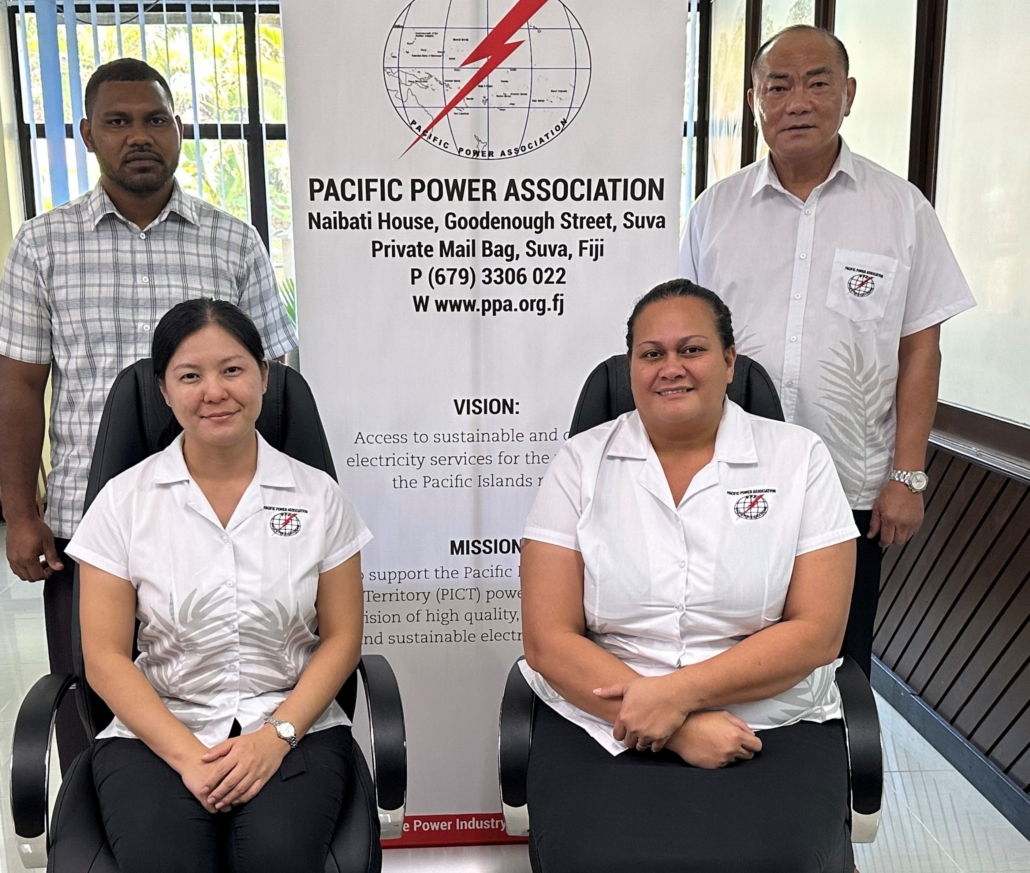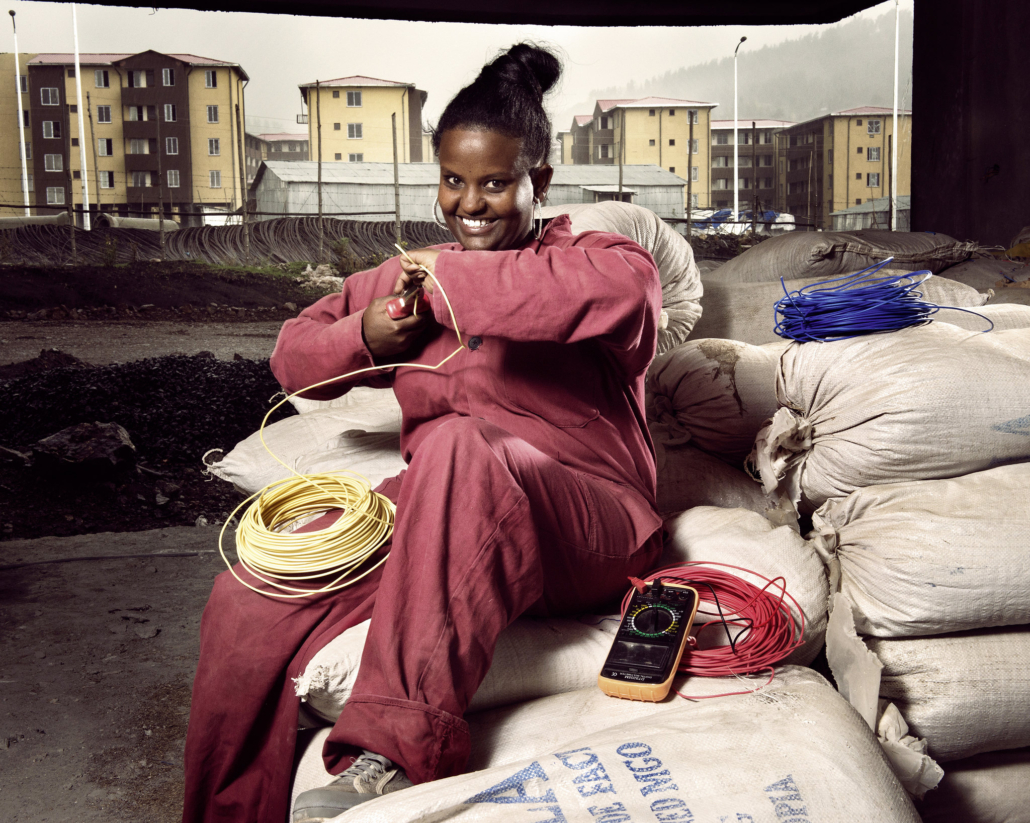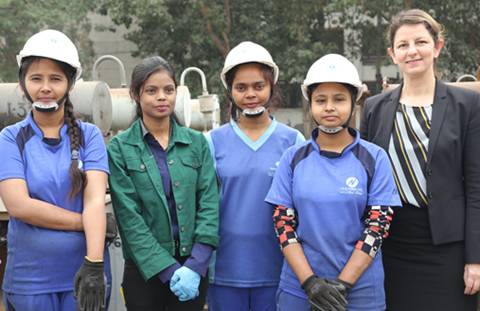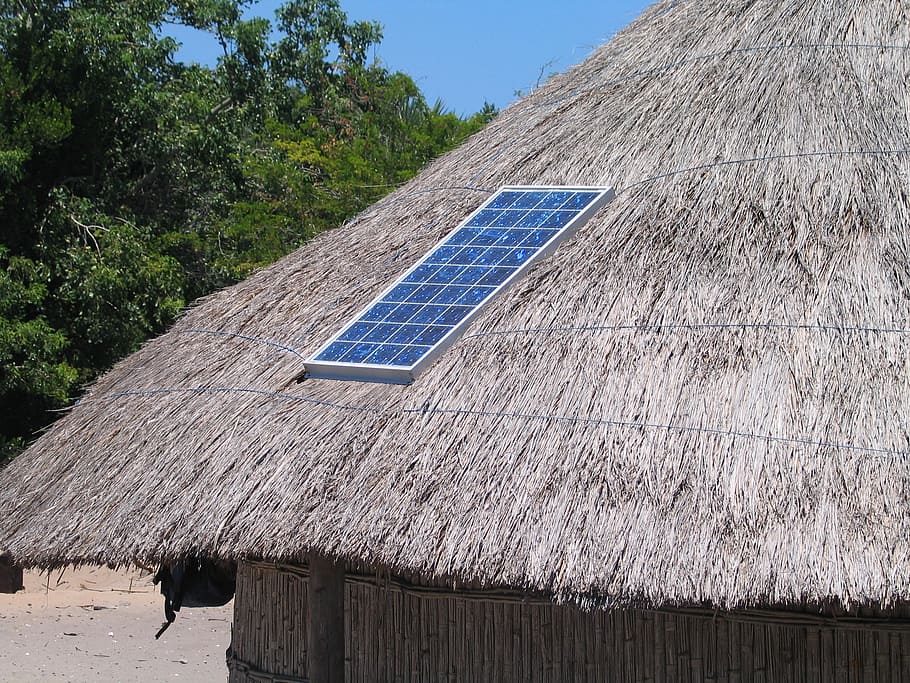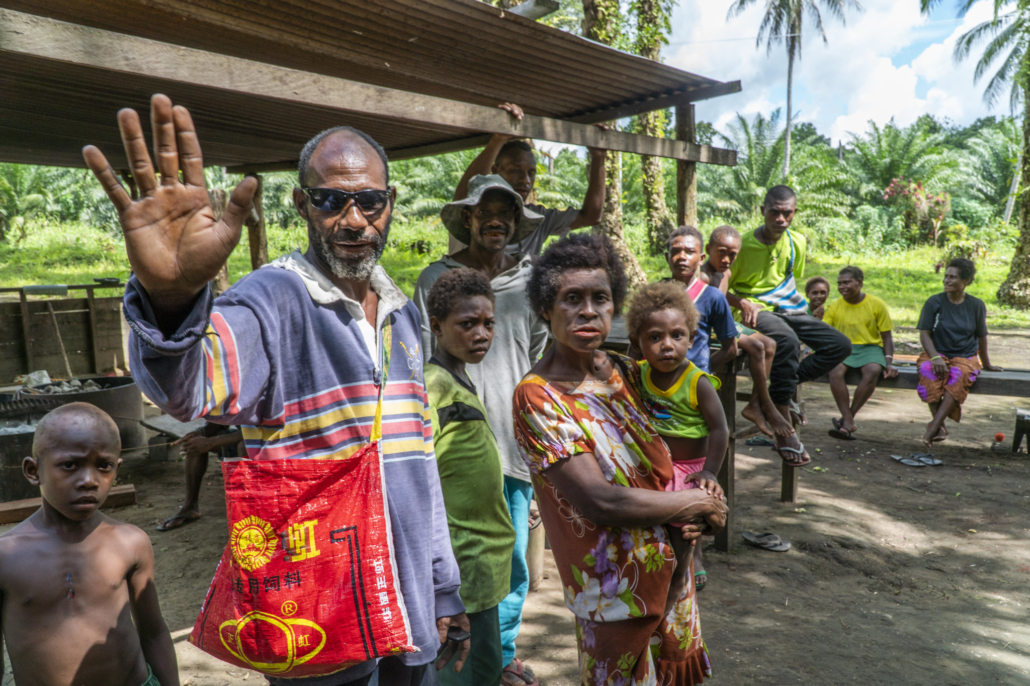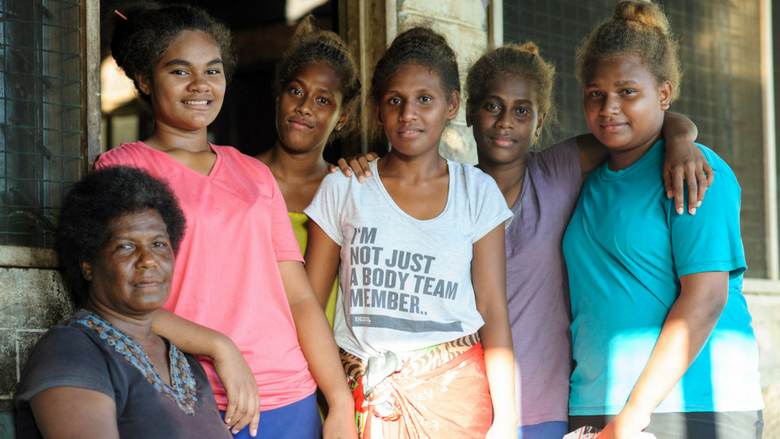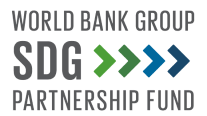Business Case: Energy
Power

KEY FINDINGS
Empowering Women as Change Agents, On and Off the Grid
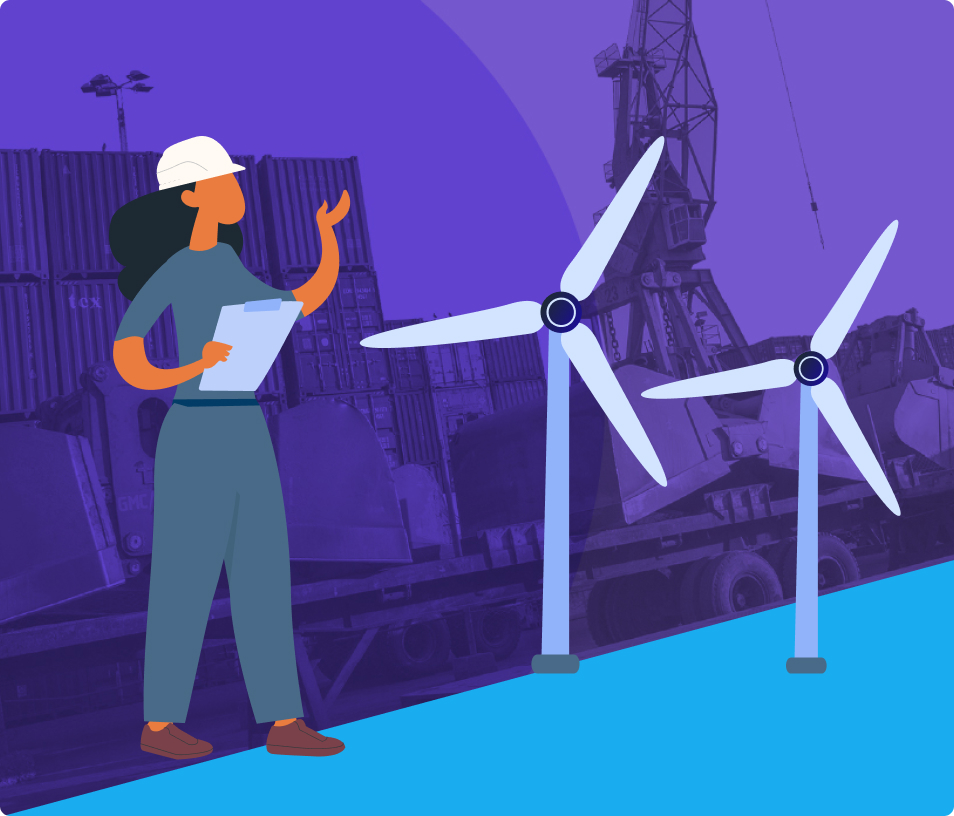
01
Increasing women in the energy sector workforce can strengthen business performance.
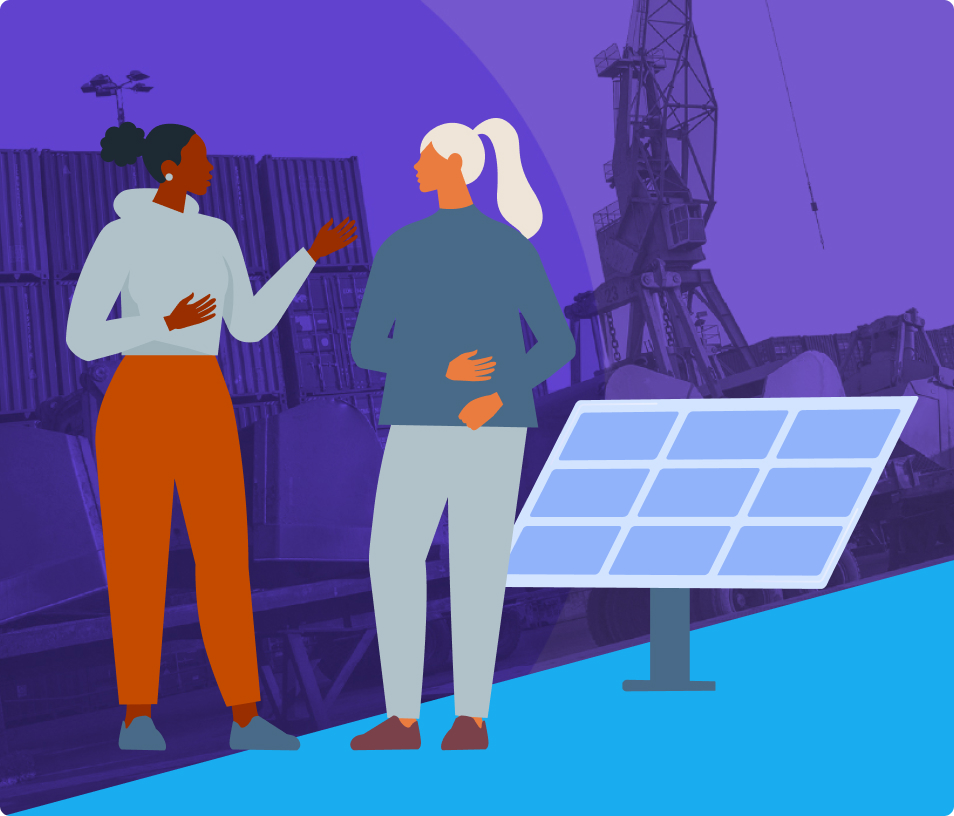
02
Targeting women’s preferences and financing needs can expand the customer base in off-grid markets.
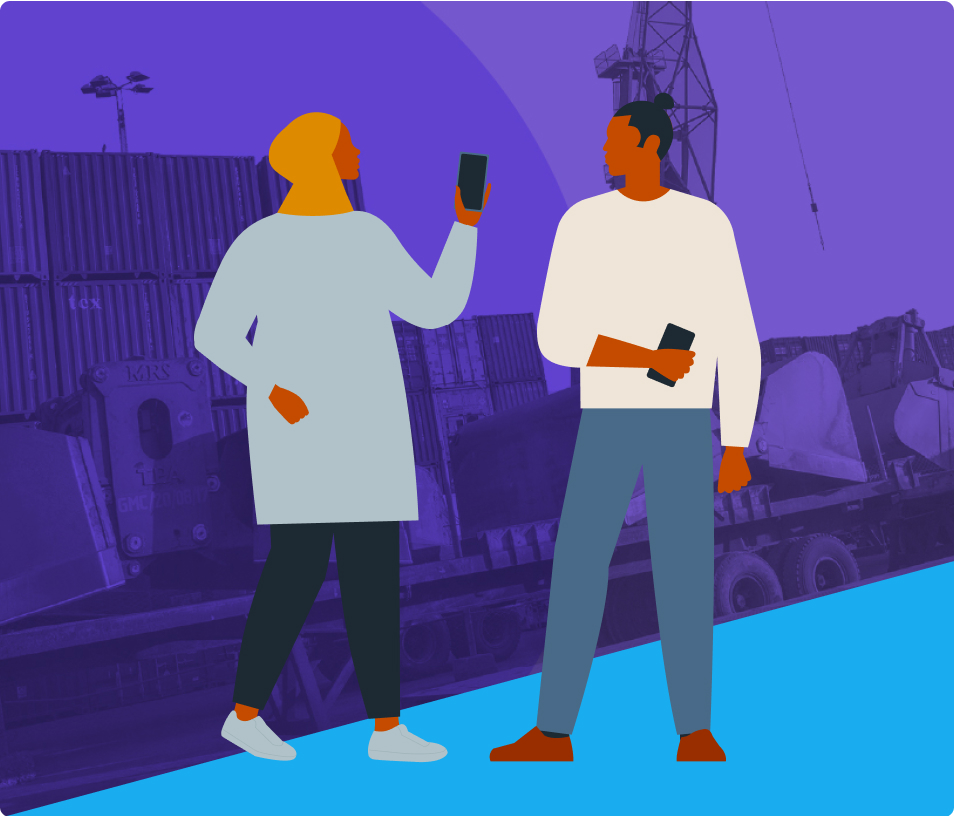
03
Gender-disaggregated data and gender analysis improve understanding of energy consumers.
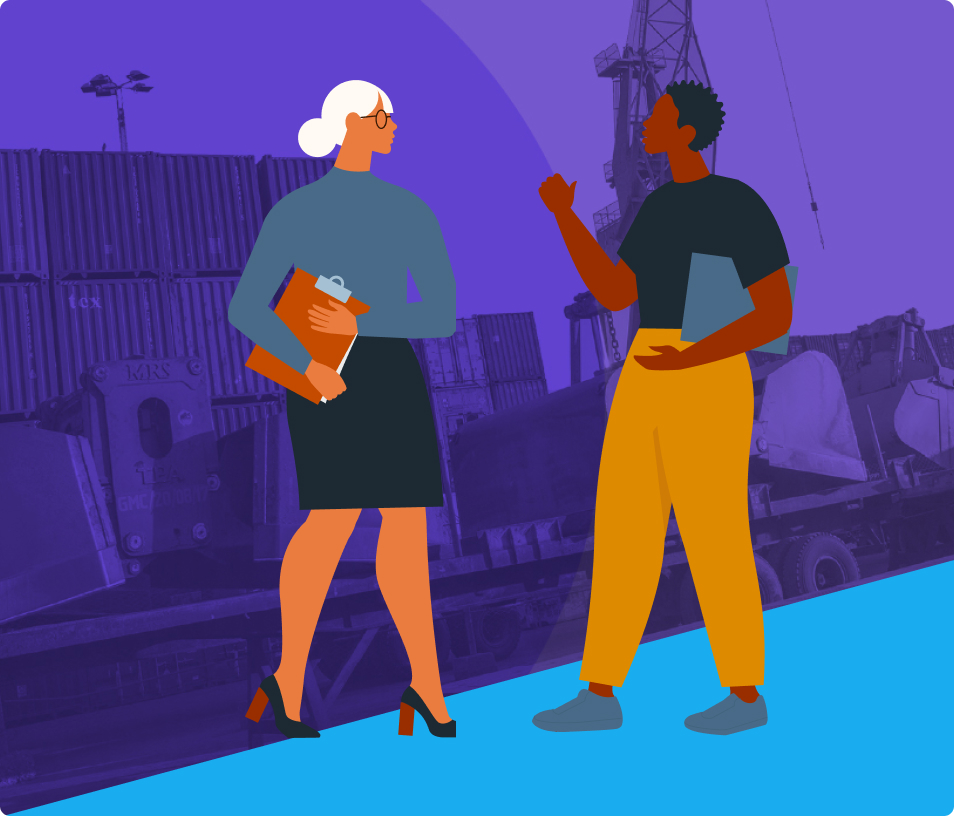
04
Including women in power company community investment programs ensures they benefit everyone.
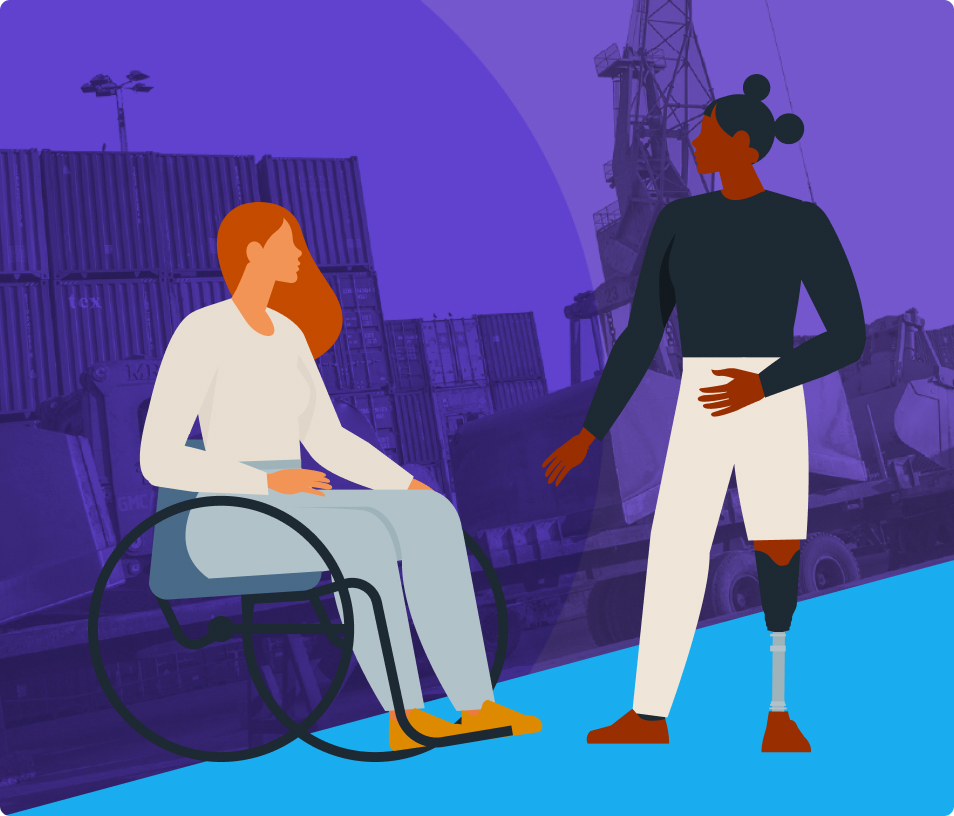
05
Women in fragile and conflict-affected situations (FCS) face unique challenges.
Strategies to address gender gaps
 Increase representation of women in energy sector management and workforce.
Increase representation of women in energy sector management and workforce.
 Create opportunities to hire women in the energy supply chain in off-grid markets.
Create opportunities to hire women in the energy supply chain in off-grid markets.
 Differentiate service and product offerings to meet gender-diverse consumer needs.
Differentiate service and product offerings to meet gender-diverse consumer needs.
 Incorporate gender inclusion into community investment and stakeholder management plans.
Incorporate gender inclusion into community investment and stakeholder management plans.
 Increase representation of women in energy sector management and workforce.
Increase representation of women in energy sector management and workforce.
 Create opportunities to hire women in the energy supply chain in off-grid markets.
Create opportunities to hire women in the energy supply chain in off-grid markets.
 Differentiate service and product offerings to meet gender-diverse consumer needs.
Differentiate service and product offerings to meet gender-diverse consumer needs.
 Incorporate gender inclusion into community investment and stakeholder management plans.
Incorporate gender inclusion into community investment and stakeholder management plans.
Fast Facts
Women connect utilities and consumers.
183%
Source: Rahnama, OIES
23%
Source: World Development
15%
Source: World Bank
8.5%
Source: PowerMag
32%
Source: IRENA
79%
Source: World Bank

